
During the 2004 presidential campaign, columnist Charles Krauthammer — who was board certified in psychiatry in 1984, defined Bush Derangement Syndrome:
Bush Derangement Syndrome: the acute onset of paranoia in otherwise normal people in reaction to the policies, the presidency — nay — the very existence of George W. Bush.
Krauthammer’s diagnosis of Howard Dean was prescient. Dean’s condition worsened as evidenced by his demonic yeowl, which you can watch here, after finishing third in the Iowa Democrats’ caucuses. Dean’s yeowl has consistently been portrayed as a media gaffe that ended his presidential campaign.
Today we are faced with a more widespread affliction — Trump Anxiety.
According to Paul Schwartzman, psychologists and other therapists are reporting that the political rise of Donald Trump is causing ‘Trump anxiety’ among their clients. Trump Anxiety, unlike Bush Derangement Syndrome which only afflicted Democrats, is afflicting Americans regardless of their political affiliation.
Trump Anxiety was first noted in polling conducted during December 2015 and January 2016:
Nearly 7 in 10 Americans say the idea of Donald Trump becoming president makes them anxious, according to a new Washington-Post-ABC News poll that is the latest to reinforce the fact that the GOP front-runner faces clear obstacles to broadening his appeal in a general election.
The Post-ABC poll finds 69 percent of Americans feel anxious about of a Trump presidency, while 3 in 10 are comfortable with the idea — both similar to a Post-ABC poll last month.
The Post-ABC polling found that the anxiousness about Trump crossed demographic lines. Sixty nine percent of Hispanics, 59 percent of women, 53 percent of Catholics and 47 percent of political Independents reported feeling very anxious about Trump as president and Trump’s candidacy.
Now Trump anxiety has moved beyond poll respondents and the political Establishment and is afflicting everyday Americans. Some examples cited by Schwartzman include the following:
- For some, Trump’s diatribes against undocumented immigrants, Mexicans and Muslims evoke unpleasant flashbacks of dictators. For others, his raw-toned insults conjure memories of high school bullies.
- “It’s like a hurricane is coming at us, and I don’t have any way of knowing which way to go or how to combat it,” Taylor, 27, a Democrat, said in a phone interview. “He’s extremely reactionary, and that’s what scares me the most. I feel totally powerless, and it’s horrible.”
- Whitney Royston, 30, a Republican who works as an event coordinator in Littleton, Colo., said the prospect of a Trump presidency scares her because “he’s a sideshow. He doesn’t have anything to say. All he does is tell other people to shut up. If he were to become president, I fear that our world would come tumbling down.”
- Alarmed by another wave of news coverage about Trump’s growing strength, Nancy Lauro, 52, a Brooklyn art teacher, sat at her computer recently and searched for information about acquiring Italian citizenship. She also inquired about Ireland, where she has family roots. Lauro later said I keep flashing on those people who fled Germany when the writing was on the wall and those who didn’t. When do you take action to get out?
Worse, is the distrust of others caused by Trump Anxiety. Schwartzman uses a psychologist who practices in Greenwich Village to make this point. Trump’s recent refusal to immediately disavow David Duke riled a patient who is the grandson of Holocaust survivors. “This is really resonating with him and troubling him,” the psychologist said.
Another example is Ken Goldstein, a Los Angeles-based author and businessman who is a Democrat. Goldstein recalled meeting with a business associate recently and feeling astounded when the man said he thought Trump would “be great for America.” “You just realize you have nothing more to say to that person,” he said.
Perhaps the most insidious symptom of Trump Anxiety is highlighted by Goldstein finding little comfort in the possibility of Trump’s defeat because the Donald’s followers “are still there.” “Who are these people?” he asked. “Are they at the grocery store, are they sitting next to me at Dodger Stadium? That makes me nervous.”
I prefer the relatively benign Bush Derangement Syndrome to the creepy and invidious Trump Anxiety. There are times when I long for the good old days.
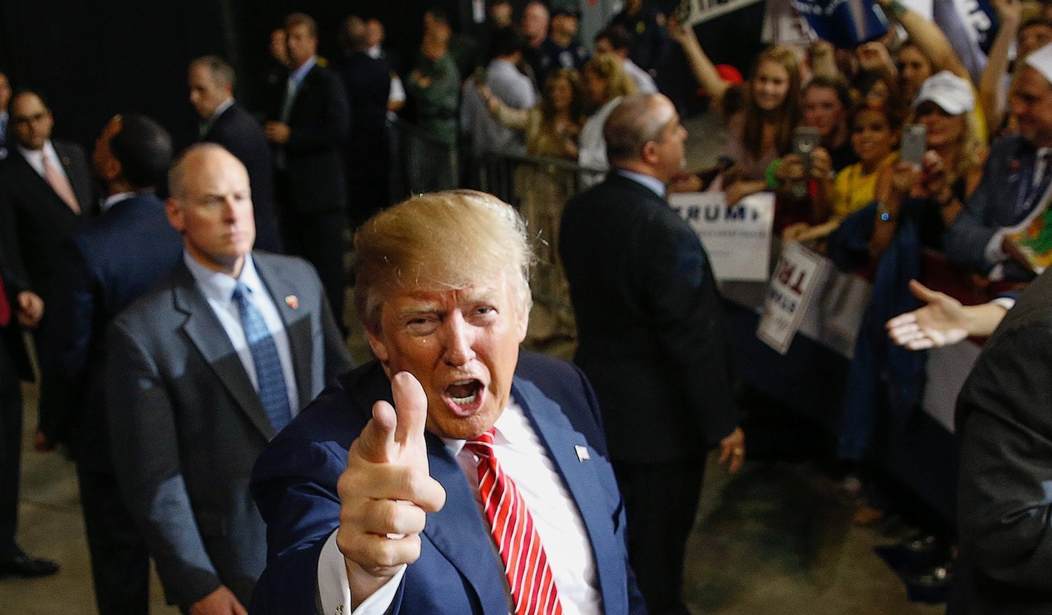
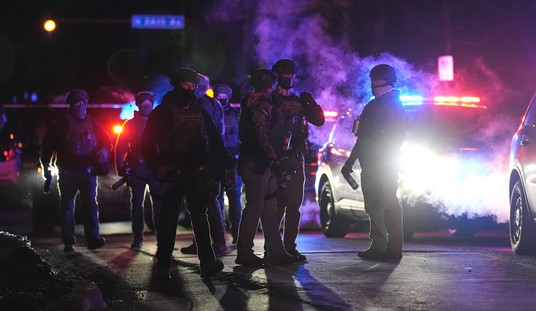

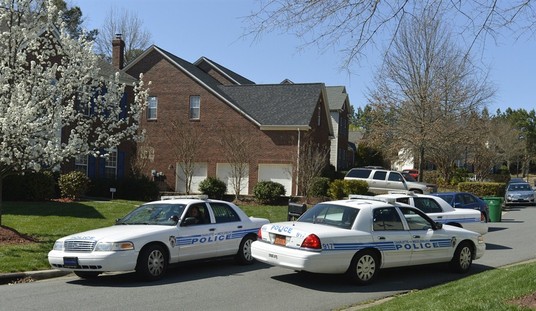
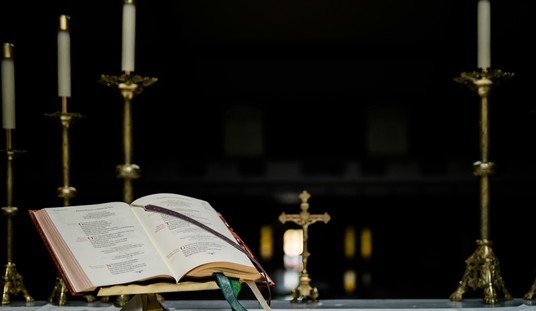

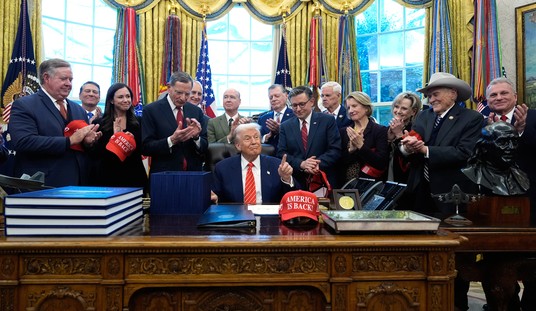






Join the conversation as a VIP Member